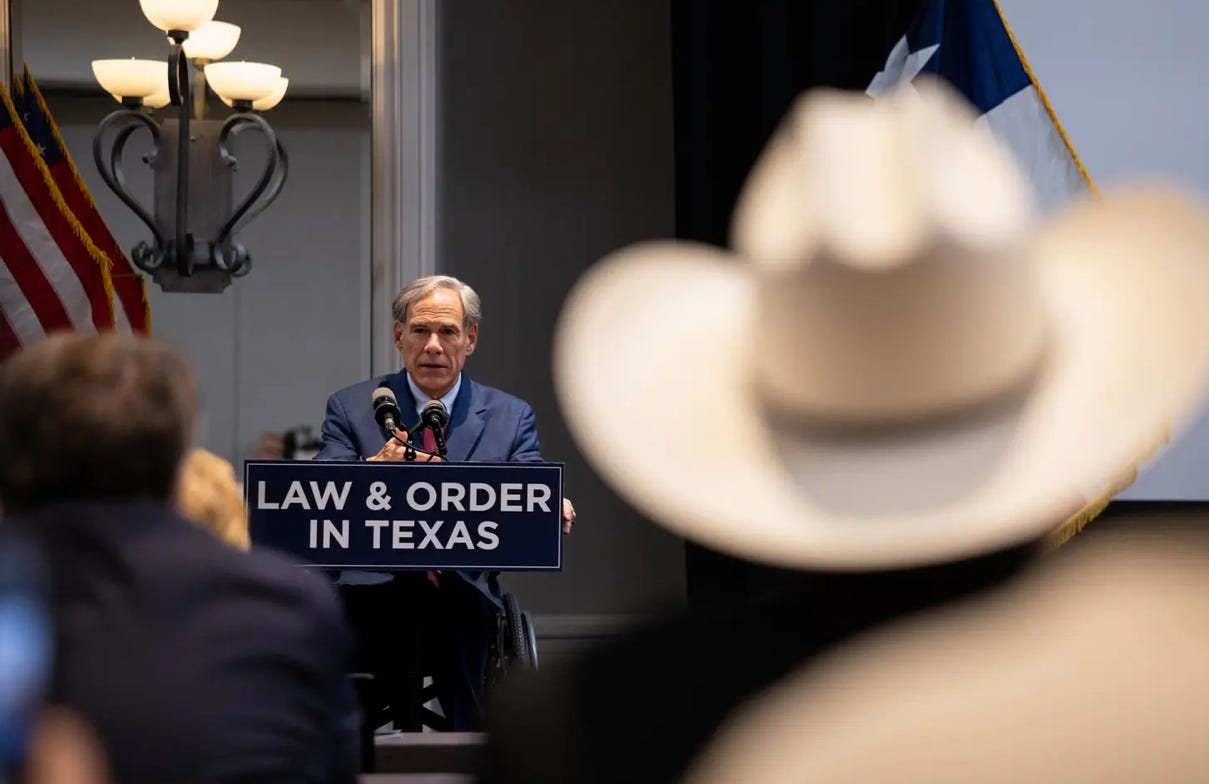Harris County Contract Patrol Program: A Vital Shield for Unincorporated Communities
In the sprawling suburbs of Harris County, Texas, where unincorporated communities often lie beyond the reach of city police, the Harris County Contract Patrol Program stands as a beacon of tailored public safety. Launched in the 1980s, this taxpayer-subsidized initiative empowers neighborhoods, homeowner associations (HOAs), municipal utility districts (MUDs), and independent school districts (ISDs) to contract dedicated deputies from the Harris County Sheriff’s Office (HCSO) or one of the county’s eight constable precincts. With approximately 1,200 contract deputies serving hundreds of communities—many in Republican-leaning suburbs following recent redistricting—the program delivers high-visibility policing, rapid response times, and a community-focused approach that strengthens safety and trust.
A Tailored Approach to Community Policing
The Contract Patrol Program is designed to meet the unique needs of unincorporated areas, which lack the municipal police services available in cities like Houston. These communities, often in north and west Harris County, negotiate contracts with the HCSO or constable precincts to secure full-time deputies equipped with marked patrol vehicles, license-plate readers, and access to specialized units. These deputies focus exclusively on their assigned areas, handling everything from traffic enforcement to investigations of property crimes and disturbances.
The financial model is a partnership: Harris County subsidizes roughly 30% of the program’s $38 million annual cost, with contracting entities covering the rest. A single deputy’s contract, including salary, benefits, and vehicle expenses, ranges from $70,000 to over $100,000 annually, with options for 70–100% of their time dedicated to the community. This structure ensures that deputies are not stretched thin across the county but are instead embedded in the neighborhoods they serve, fostering familiarity with residents and local issues.
Why It Matters: Benefits for Communities
The program’s impact is profound, particularly in unincorporated suburbs that might otherwise face delayed law enforcement response due to their distance from centralized services. Key benefits include:
• Enhanced Safety: High-visibility patrols deter crime, with data indicating lower crime rates in contract areas compared to non-contract zones. Deputies proactively address issues like burglaries, vandalism, and traffic violations, creating a safer environment.
• Rapid Response: Dedicated deputies respond quickly to local calls, ensuring timely intervention for non-emergency incidents like disturbances or suspicious activity. For example, Precinct 4, with 426 contract deputies, handles 1,200 daily calls across north Harris County, including communities like The Woodlands.
• Community Connection: Deputies build trust through consistent presence and engagement, participating in events like National Night Out and working closely with HOAs to address specific concerns, such as illegal dumping or vacation home checks.
• Customized Services: Contracts are tailored to community needs, offering services like business security patrols, park safety checks, and targeted enforcement for issues like speeding or DWI.
By dedicating deputies to specific areas, the program frees up general HCSO and constable patrols to focus on high-crime “hot spots,” ensuring equitable law enforcement coverage across Harris County’s diverse landscape.
A Network of Support: Participating Agencies
The program is administered by the HCSO and seven of the eight constable precincts (Precincts 1–8, with Precinct 4 leading with 426 deputies). Each agency brings unique skills.
This collaborative effort, supported by constables from both political parties, proves the program’s bipartisan appeal and its critical role in community safety.
Strengthening the Program: The Dennis Paul Bill
On August 27, 2025, the Texas Legislature passed HB 26, authored by Rep. Dennis Paul (R-Houston), a significant step toward bolstering the Contract Patrol Program. Awaiting Gov. Greg Abbott’s signature, the bill streamlines the contracting process by allowing HOAs, MUDs, and ISDs to negotiate directly with the HCSO or constable precincts, bypassing the Harris County Commissioners’ Court. It introduces flexible cost-sharing options, enabling lower-income communities to access contracts with less than the standard 70/30 split, and safeguards the program from budget cuts driven by partisan disputes. Passing the House 88-49 and the Senate 21-5, HB 26 has garnered support from all eight constables and Commissioner Tom Ramsey, who emphasized its role in ensuring safety for unincorporated areas, many of which lean Republican post-redistricting.
Addressing Challenges and Misconceptions
Critics occasionally argue that the program favors wealthier communities able to afford contracts, but HB 26 addresses this by expanding access through flexible cost splits. Others point to partisan tensions in budget discussions, yet the program’s bipartisan support—evidenced by unanimous constable backing—demonstrates its universal value. By subsidizing 30% of costs, Harris County ensures that even smaller communities can benefit, while the program’s structure prevents it from draining resources from non-contract areas.
A Model for Safety in Unincorporated Areas
The Harris County Contract Patrol Program is a proven, adaptable model for delivering effective law enforcement to unincorporated communities. By providing dedicated deputies, fostering community trust, and leveraging legislative support like HB 26, the program ensures that suburban neighborhoods—many in Republican-leaning precincts—remain safe and connected. Residents interested in exploring contract options or requesting services like vacation watches can contact their local precinct or visit harriscountytx.gov/Government/Law-Enforcement/Harris-County-Contract-Patrol-Program. As Harris County continues to grow, this program remains a vital tool for building stronger, safer communities.

